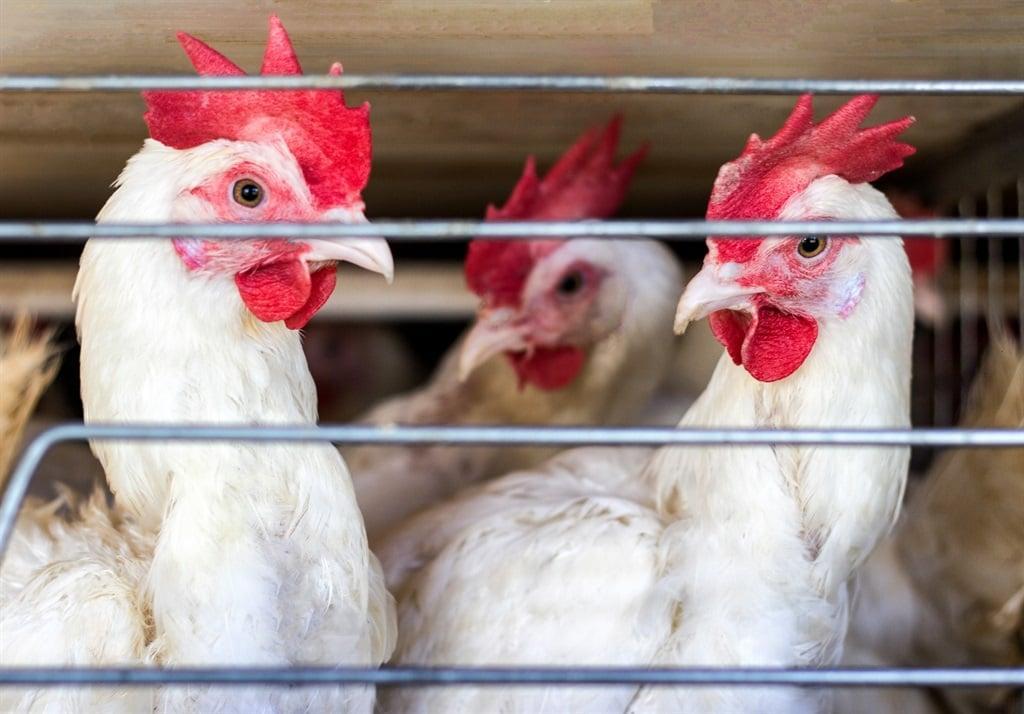Africa-Press – South-Africa. A highly pathogenic avian influenza (HPAI) outbreak has affected five commercial chicken farms in the Western Cape.
Department of Agriculture spokesperson Reggie Ngcobo said the affected farms were quarantined, which means that no animals and eggs are allowed to be removed from them.
“The department would like to reassure consumers that commercial poultry meat and eggs are safe to eat. Care should, however, be taken when preparing food to avoid other food-borne pathogens,” Ngcobo added.
“Birds infected with HPAI get sick fairly quickly and die. Generally, the first sign of sick animals, including birds, is a drop in production, meaning that sick birds will produce very few (if any) eggs. This, together with the added mitigation of placing farms under quarantine, means no eggs from infected properties will make their way to shelves.”
Ngcobo added that the department encouraged poultry farmers, including those who keep birds for non-commercial reasons, to “adhere to strict biosecurity measures to prevent the introduction of HPAI”.
He added:
Western Cape Agriculture MEC Ivan Meyer said more than R60 million would go toward preventing and controlling animal diseases as part of the agriculture department’s 2023/24 budget.
The province battled severe avian flu outbreaks in 2021. Although they affected seabird populations primarily, there were limited outbreaks at poultry farms in the province.
Close to 20 000 endangered Cape cormorants and 230 African penguins were killed.
Outbreaks were recorded at farms near Worcester, Malmesbury and Hopefield.
The latest outbreak was first detected in April in the Swartland area, according to Meyer. At least 120 000 birds have died or been destroyed since.
“Highly pathogenicity avian influenza outbreaks have been occurring worldwide and were detected in poultry in other South African provinces earlier in 2023 and throughout 2022. However, the Western Cape has not seen the virus in commercial poultry since early last year,” Meyer said.
“Although the risk of avian influenza being transmitted to humans remains low, experts advise that members of the public should avoid touching dead birds. In addition, we advise particular caution when handling or slaughtering potentially infected poultry; gloves, a mask and eye protection should be worn.”
For More News And Analysis About South-Africa Follow Africa-Press






